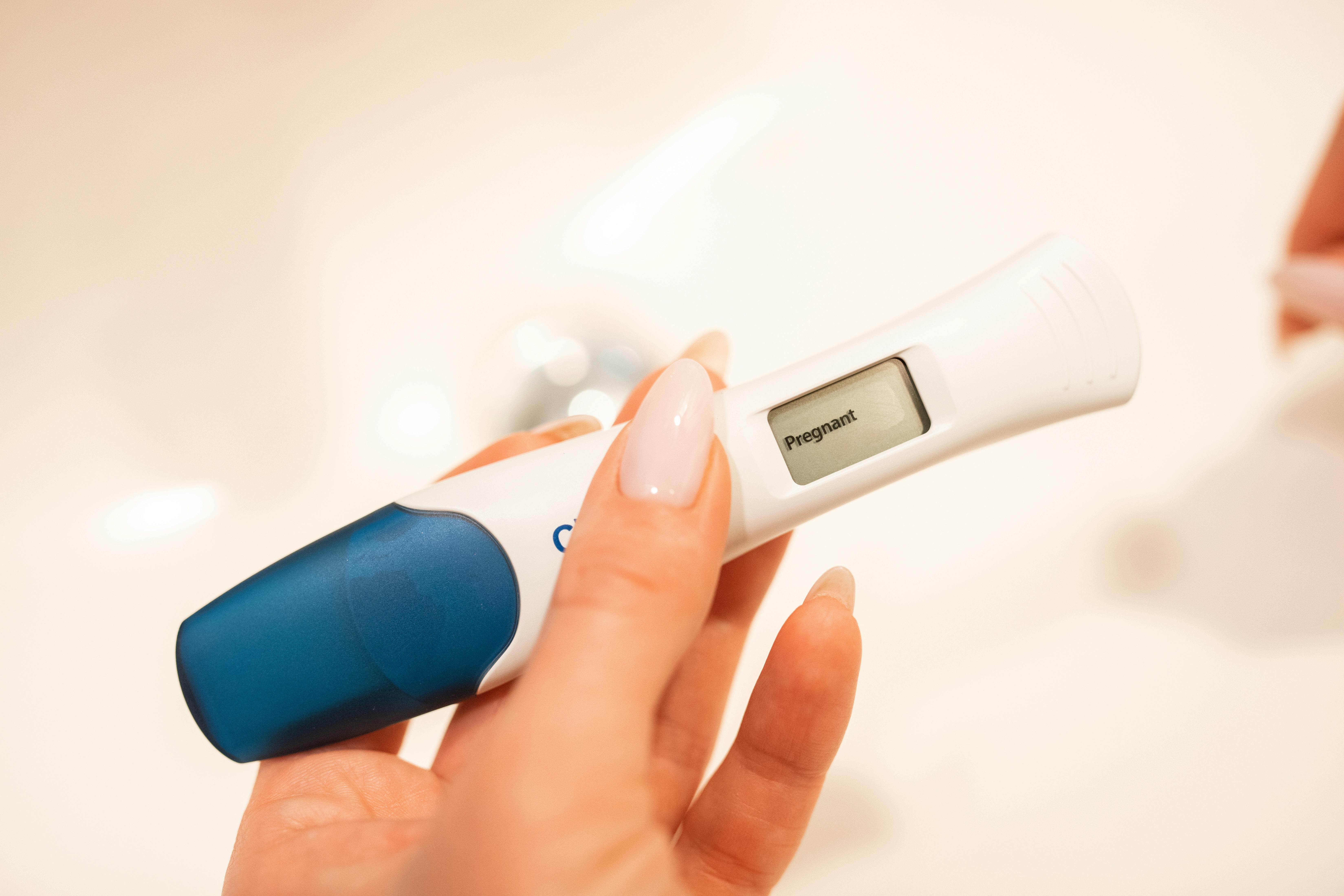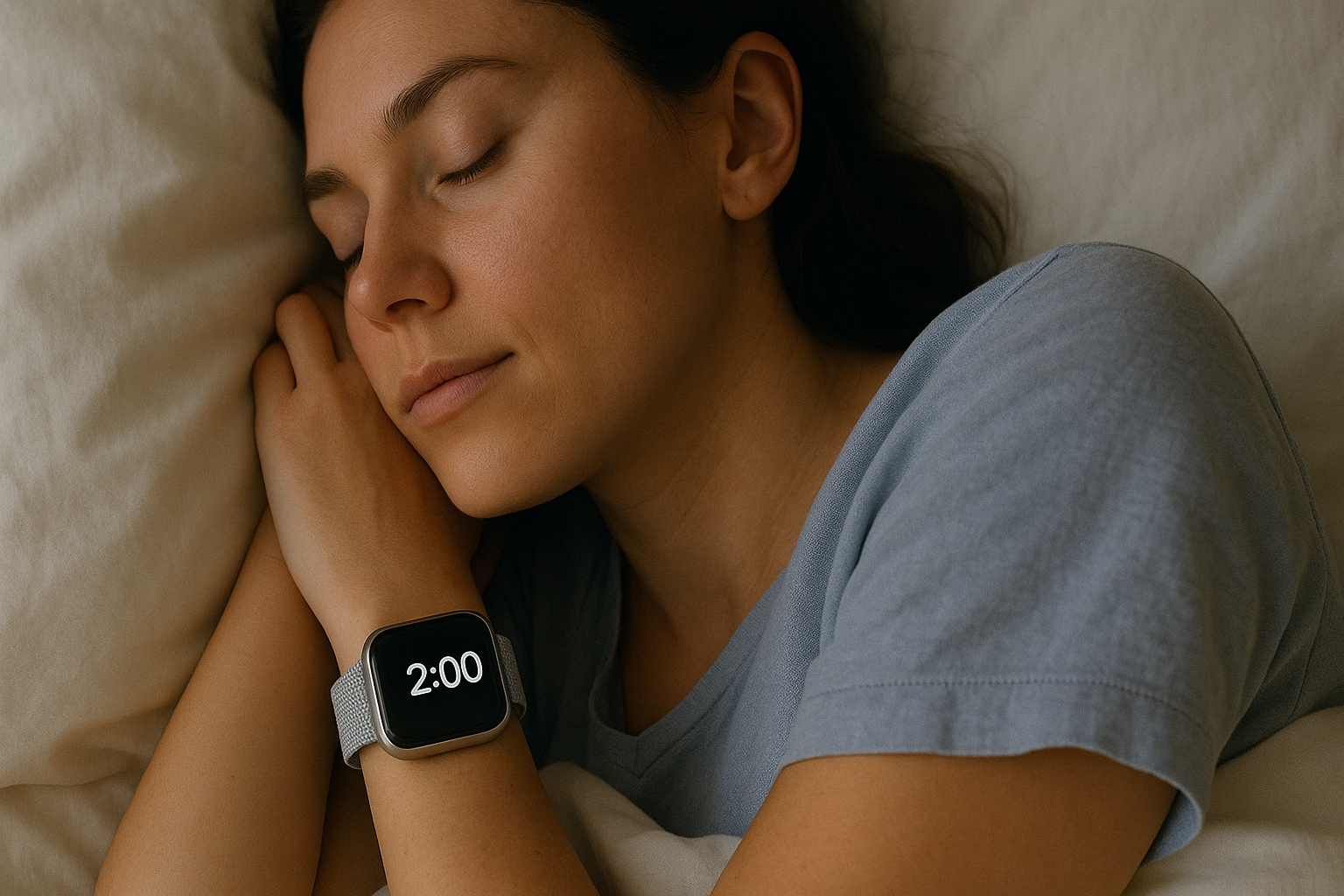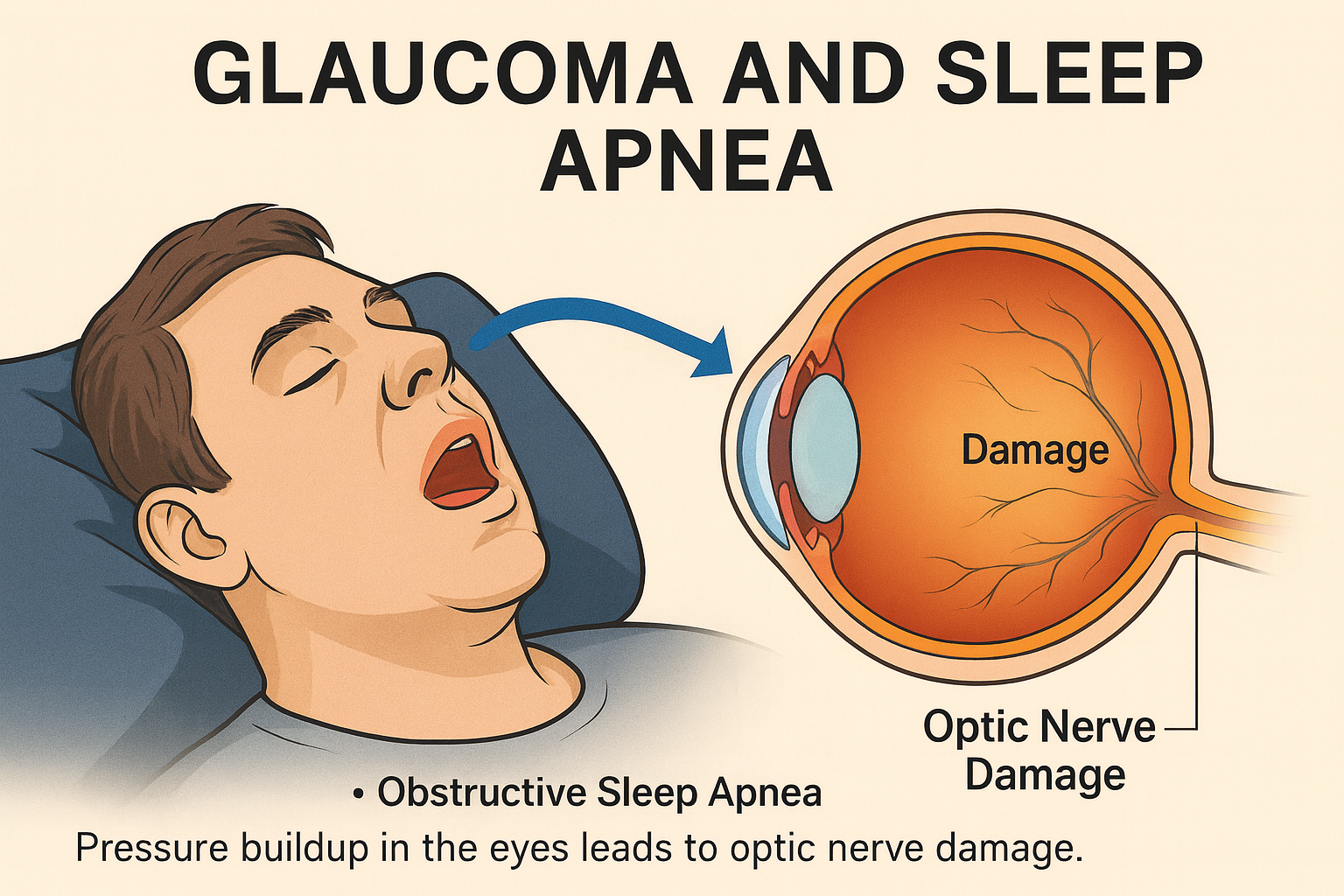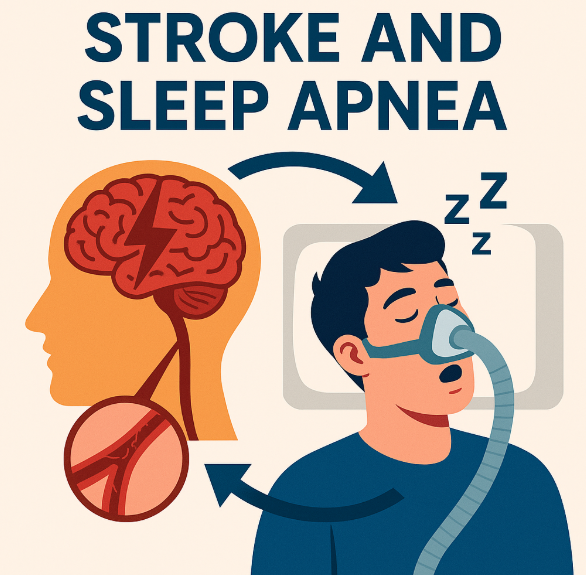The Apnea-Hypopnea Index (AHI) is a measure used to assess the severity of sleep apnea, a sleep disorder that causes interruptions in breathing during sleep. The AHI is determined by the number of apneas (complete stoppage of airflow) and hypopneas (partial reduction in airflow) per hour of sleep.
The AHI is calculated by dividing the total number of apneas and hypopneas by the total number of hours of sleep. Apneas are defined as a complete cessation of breathing for at least 10 seconds, while hypopneas are defined as a partial reduction in breathing that lasts for at least 10 seconds and results in a drop in blood oxygen levels.
The AHI is then classified into four categories based on severity:
- Normal: AHI less than 5 events per hour
- Mild: AHI between 5-14 events per hour
- Moderate: AHI between 15-29 events per hour
- Severe: AHI of 30 or more events per hour
Your Empower Sleep provider uses the AHI score and other measurements obtained during the sleep study to diagnose and determine the severity of sleep apnea and develop an appropriate treatment plan.
Why is the AHI so useful?
Although the Apnea-Hypopnea Index (AHI) is not the only metric measured during a sleep study, understanding AHI is essential for several reasons:
- Diagnosis of Sleep Apnea: The AHI is the primary measure used to diagnose the presence and severity of sleep apnea. A high AHI score can indicate that a person is experiencing frequent episodes of apnea or hypopnea during sleep, leading to serious health problems if left untreated.
- Monitoring Treatment: After a person is diagnosed with sleep apnea, the AHI can be used to monitor the effectiveness of treatment. For example, if a person uses a CPAP machine, the AHI can be used to determine if the device effectively prevents apneas and hypopneas during sleep.
- Health Risks: Sleep apnea has been linked to several serious health risks, including high blood pressure, heart disease, stroke, and diabetes. Understanding the AHI can help identify people at increased risk for these health problems, allowing for early intervention and treatment.
- Prognosis: The severity of sleep apnea, as measured by the AHI, can also be used to predict a person's risk of developing complications related to sleep apnea. For example, people with severe sleep apnea may be at higher risk for cardiovascular events or other health problems.
Understanding the AHI is crucial for diagnosing, monitoring, and treating sleep apnea and identifying people at increased risk of health complications.
What caused the Apnea-Hypopnea Index to be elevated?
The Apnea-Hypopnea Index (AHI) can be elevated for a variety of reasons, including:
- Obstructive Sleep Apnea (OSA): OSA is the most common cause of an elevated AHI. It occurs when the airway becomes partially or completely blocked during sleep, causing interruptions in breathing.
- Central Sleep Apnea: Central sleep apnea occurs when the brain fails to signal the muscles to breathe during sleep. Underlying medical conditions or certain medications can cause symptoms similar to apnea as well.
- Obesity: Being overweight or obese can increase the risk of sleep apnea, as excess weight can lead to airway narrowing and difficulty breathing during sleep.
- Alcohol and Sedative Use: Alcohol and sedatives can relax the muscles in the airway, increasing the risk of apnea and hypopnea during sleep.
- Smoking: Smoking can lead to inflammation and airway narrowing, increasing the risk of sleep apnea.
- Nasal Congestion: Chronic nasal congestion can make breathing difficult through the nose, leading to an increased risk of sleep apnea.
- Anatomic Abnormalities: Certain anatomic abnormalities, such as a deviated septum or enlarged tonsils, can increase the risk of sleep apnea.
- Age and Gender: Sleep apnea is more common in men and older adults.
- Altitude: Going to a higher altitude can cause sleep apnea and destabilization of breathing
It's important to note that an elevated AHI does not necessarily indicate the presence of sleep apnea, as other factors, such as sleeping in an unfamiliar environment or using certain medications, can also affect AHI scores. A diagnosis of sleep apnea should be made by a health professional based on a comprehensive evaluation of symptoms, medical history, and diagnostic testing.
Addressing elevated Apnea-Hypopnea Index
There are several strategies that may help lower the Apnea-Hypopnea Index (AHI) and reduce the severity of sleep apnea:
- Weight Loss: Losing weight can help reduce the severity of sleep apnea in people who are overweight.
- Sleeping Position: Sleeping on your side instead of your back may help reduce the frequency of apneas and hypopneas.
- Lifestyle Modifications: Avoiding alcohol and sedatives before bedtime, quitting smoking, and treating nasal congestion can also help reduce AHI scores.
- Continuous Positive Airway Pressure (CPAP): Using a CPAP machine during sleep is one of the most effective treatments for sleep apnea and can help reduce AHI scores. The CPAP should be calibrated to optimize breathing and bring the AHI down to near-normal values.
- Oral Appliance Therapy: Oral appliances can be used to keep the airway open during sleep and reduce the severity of sleep apnea.
- Surgery: Surgery may allow to remove excess tissue from the airway or correct anatomical abnormalities contributing to sleep apnea.
- Implantable devices: Medical devices producing targeted nerve stimulations, implanted through a surgical procedure, can also be a viable solution to reduce AHI and sleep apnea symptoms.
It's important to note that the most effective treatment strategy for reducing AHI scores will depend on the individual, soft and hard tissues of the airways, and the severity of their sleep apnea. Your Empower Sleep provider can help determine the best course of treatment based on a comprehensive evaluation of symptoms, medical history, and diagnostic testing.






























































































%20thumbnail.jpg)
.png)